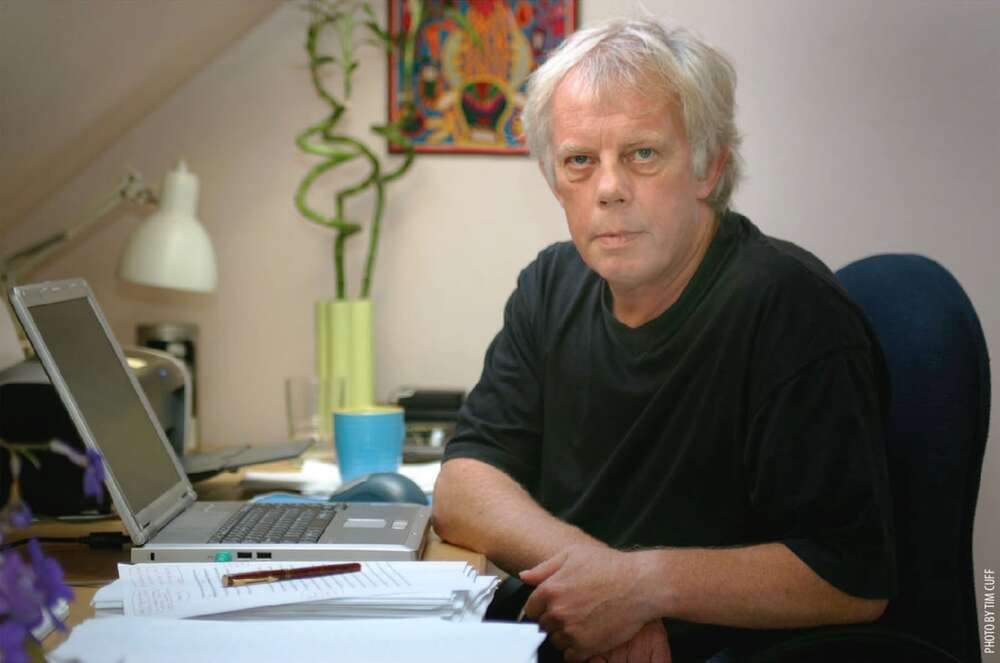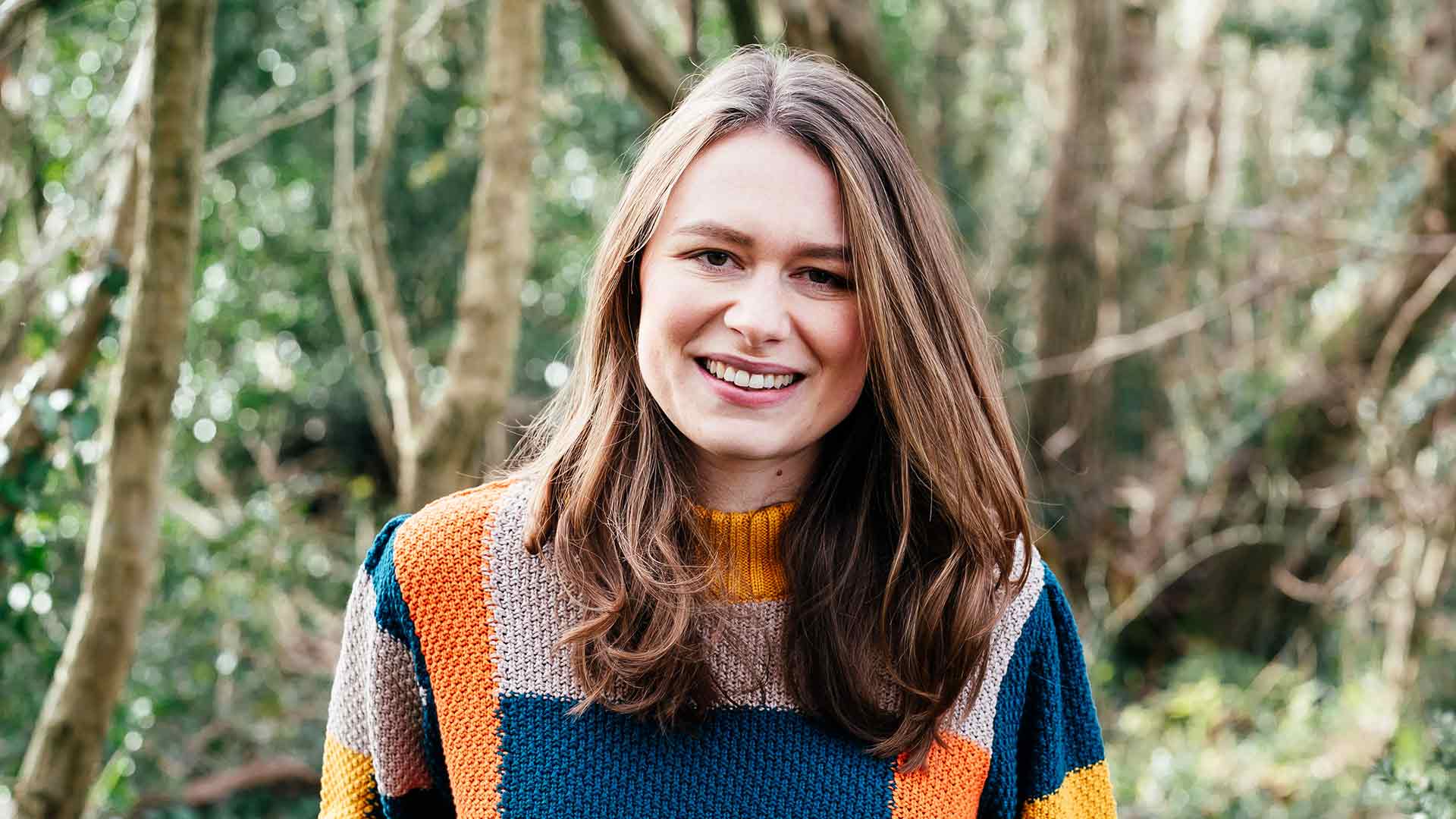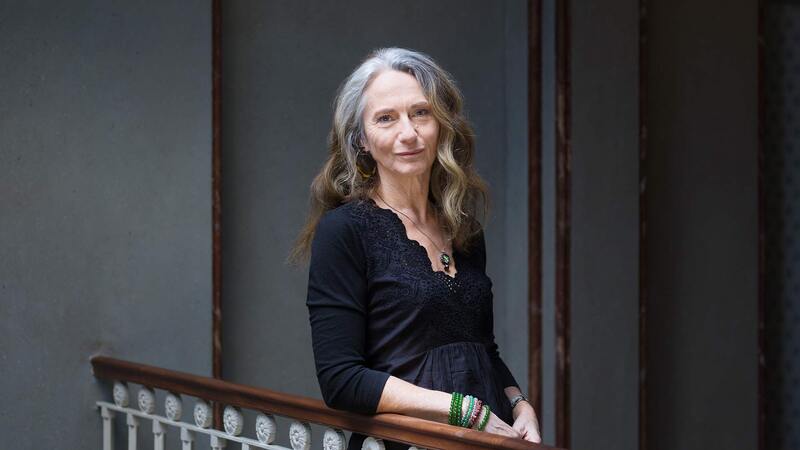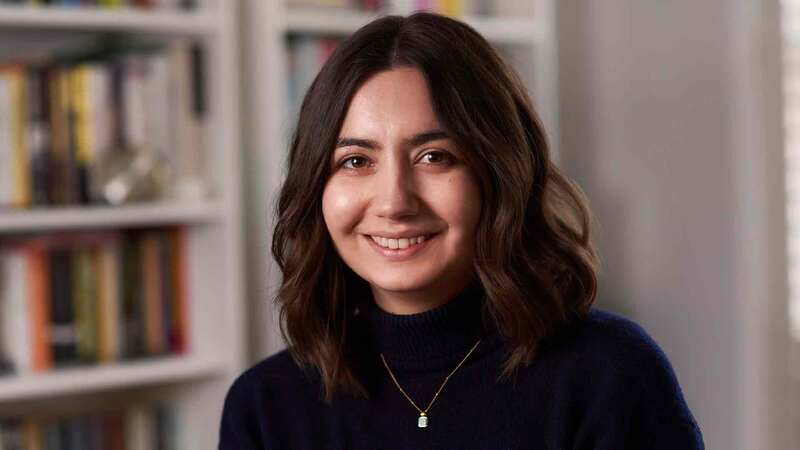You are viewing your 1 free article this month. Login to read more articles.
Mal Peet | What I value in books is lucidity. I want the language to be rich, I love lexical fireworks on the page but I have to know what it means
This November sees veteran Young Adult author Mal Peet having something of a renewal with his first novel for adults, The Murdstone Trilogy. As well as being his first book for adults, it’s also his first venture into the fantasy genre and his first book with newly independent publisher David Fickling Books (DFB).
For an author who steadfastly argues against boundaries, it is a difficult one to pitch: “It’s definitely not my attempt to break out of the YA bracket, because if I were to say I’m breaking out of it, I’d have to recognise it [as a genre]. I can’t really claim it doesn’t exist and simultaneously break out of it.”
Despite the title, The Murdstone Trilogy is in fact just one novel. It tells the story of Philip Murdstone, author of earnest children’s fiction about sensitive disabled boys overcoming the odds. Although Philip has won awards, his books don’t sell well. His agent, Minerva, insists he writes a fantasy epic, providing him with an apparently bulletproof plan for how to write a bestseller. Boxes to tick include: a realm that is “vaguely socialist in an idyllic, farmerish sort of a way”; “a dark lord who was probably a decent sort of guy originally”; and “a sword that has to have a name”. In a drunken despair, Murdstone encounters a “greme” (a kind of profane, magical clerk) called Pocket, who appears in a local stone circle and offers him a Faustian deal: in exchange for Murdstone tracking down a lost amulet, he will become a magical amanuensis for Pocket’s storytelling skills.
Of course, all of this is told with tongue firmly in cheek, with both the fantasy genre and publishing being poked at (relatively) affectionately. Peet had something of a love/hate relationship with fantasy as the novel developed: “I had to confront the gruesome reality that I would have to create the fantasy that Philip writes. I’m going to get hated for saying this but honestly, fantasy is easy to write because you can do anything. It’s like when Raymond Chandler brings in a bloke with a gun when he’s stuck—in fantasy, up pops a wizard and off we go.”
Peet has been working on The Murdstone Trilogy for years; he can’t remember exactly when he started but he does say that he had to edit mobile phones into a scene in a restaurant, and cigarettes out. Its genesis can also be dated by the influence of Harry Potter: “When [it] got very big there was this big surge in fantasy and to be honest, a lot of it was pretty bad. So [The Murdstone Trilogy] began as a bit of letting off steam when I was thinking about what it would be like if you were obliged to write this shit.”
Written in bits and pieces between other projects, it “accumulated in this directionless way” before Peet realised there was a story there. He was advised to write it by his former agent, Philippa Milnes-Smith, who even began referring to herself as Minerva in emails. “It’s not a state secret that most authors hate most publishers—it’s a bit like the Conservative/Liberal [Democrats] coalition—you have to work together but you hate each other. Obviously, the author is Nick Clegg.” Despite this, Peet makes it clear that he has mostly had positive experiences with publishers, and that the agent/author relationship in the book is more of a “grotesque parody”.
Genre twisting
Peet has written more than 100 educational books with his wife Elspeth, and five Young Adult novels (and an illustrated folktale) published by Walker Books, including three high-profile prize winners: the Branford Boase for Keeper in 2003, the Carnegie Medal for Tamar in 2005, and the Guardian Children’s Fiction Prize for Exposure in 2009. Peet has just delivered a new YA book to Walker (a historical novel about a child shipped to the colonies as an indentured servant), and there is a new novel, which he hopes Fickling will publish (he describes it as “a happy murder story”).
For Peet, the readership comes after the writing: “I didn’t consciously make the decision to write an adult novel. I didn’t think of it as my riposte to the YA genre. I got to a certain point and thought: ‘This has to be scurrilous and scatological and filthy and there’s no room for a child in it, so I’ll just not call it a YA book. I’ll not call it anything. I’ll just see if there is anyone out there mad enough to publish it.” The said person is David Fickling, who is very much in the market for books that defy categorisation.
DFB has only published children’s and YA titles to date, but the delight Peet and Fickling take in both working together and playing with boundaries is clear: “With David, it’s a marriage made in heaven. Nine out of 10 publishers see something unlike any others and say no, but David doesn’t care. When you start doing this taxonomical categorising [of books aimed at readers aged] post-14 or 15, then it’s just about marketing, only marketing. The Murdstone Trilogy wasn’t a deliberate charge at the boundaries of children’s fiction, it just became what it was.”
Fickling was relatively heavily involved in the project as it developed, going as far as asking Peet to rewrite the last 25,000 words: “The good-naturedness, as far as it exists, is down to Mr Fickling. He is a very good editor. Will Self and the Guardian would have approved of the first ending—it was some postmodern shit—but in terms of roundness and rightness, it’s better as it is.”
Peet initially talks about a “form of language” he uses in The Murdstone Trilogy that he felt he could not use in his YA novels—“I’m not talking about bad language but sentence structure and vocabulary”—before going on to talk about the authors he knows who would take issue with this distinction, and finally coming full circle to the books he read as a teenager. “I’m not sure that when I read Treasure Island for the first time, when I was about 10, I understood all the words or what was going on. But that didn’t stop me reading it and I certainly didn’t forget it.” A point Peet makes several times, with reference to age boundaries and genre, is that “it’s just about good writing”. He says: “What I value in books is lucidity. I want the language to be rich, I love lexical fireworks on the page but I have to know what it means. I want to be surprised and delighted, not merely baffled.”
Over lunch before our interview, Peet’s agent Peter Cox handed over the aforementioned second book, which Peet hopes Fickling will publish. While Peet insists we won’t be seeing an all-out fantasy novel from him any time soon, it is clear that Peet and Fickling are pretty sure that something magical is happening.
Metadata
Publication 06.11.14
Formats £14.99 HB
ISBN 97819102001515
Rights World (all languages)
Editor David Fickling
Agent Peter Cox, Redhammer
CV
1947 Born in Norfolk
1967 Thrown out of English and American Literature course at Warwick University; worked in a Coventry mortuary
1987 Married Elspeth Graham; together they have written more than 100 educational books
2003 Won the Branford Boase for his first novel, Keeper, published by Walker
2005 Won the Carnegie Medal for his second novel, Tamar









